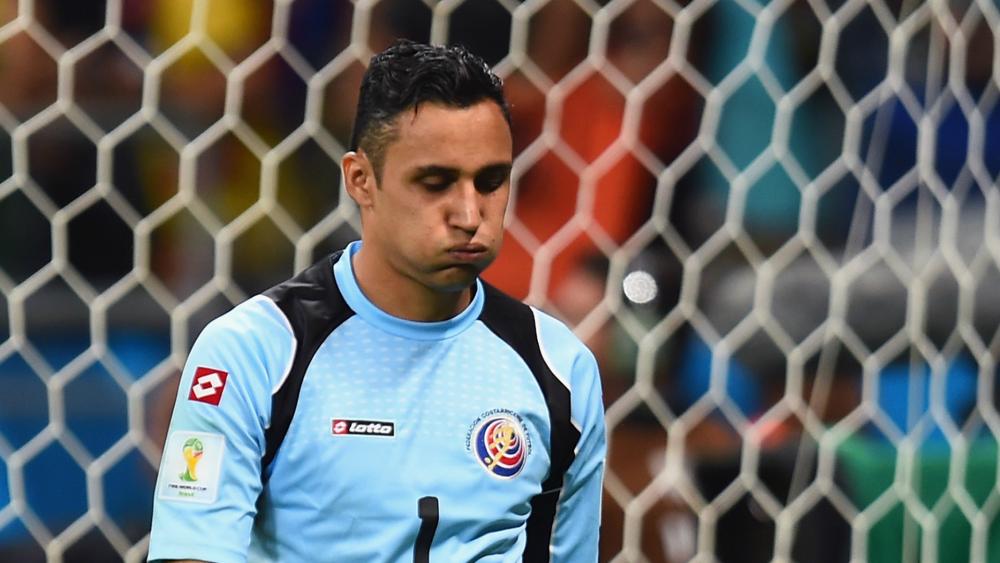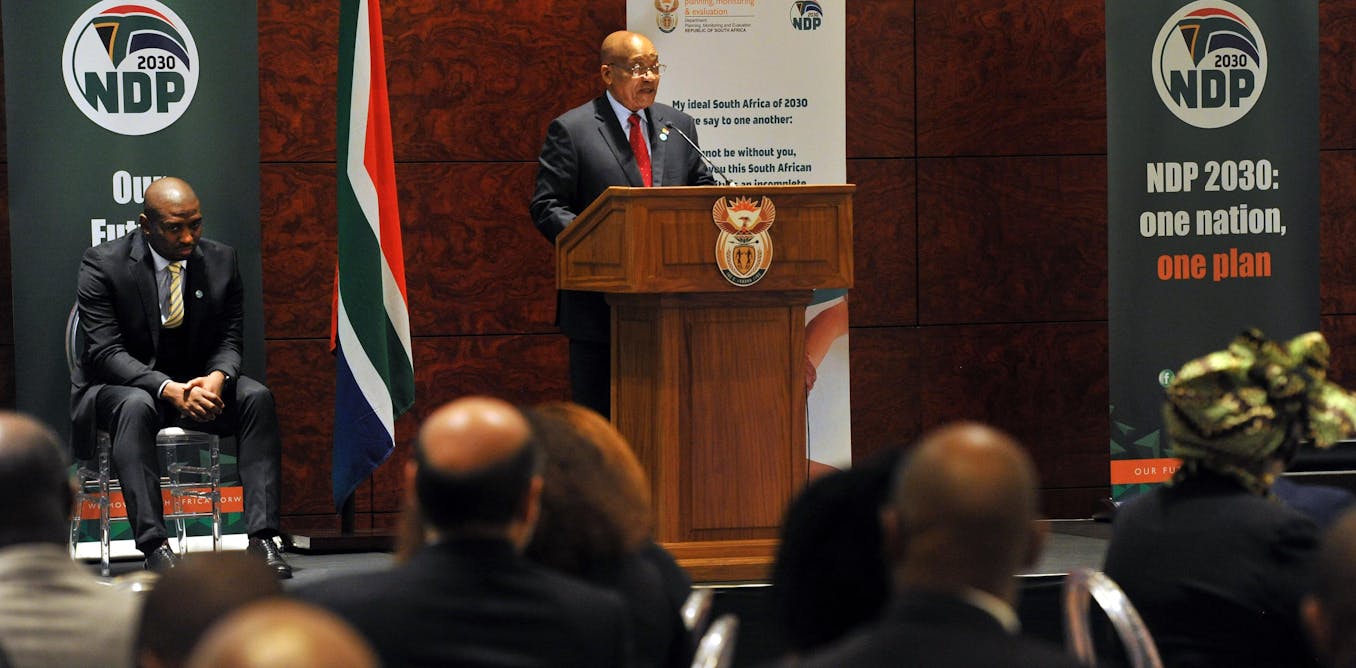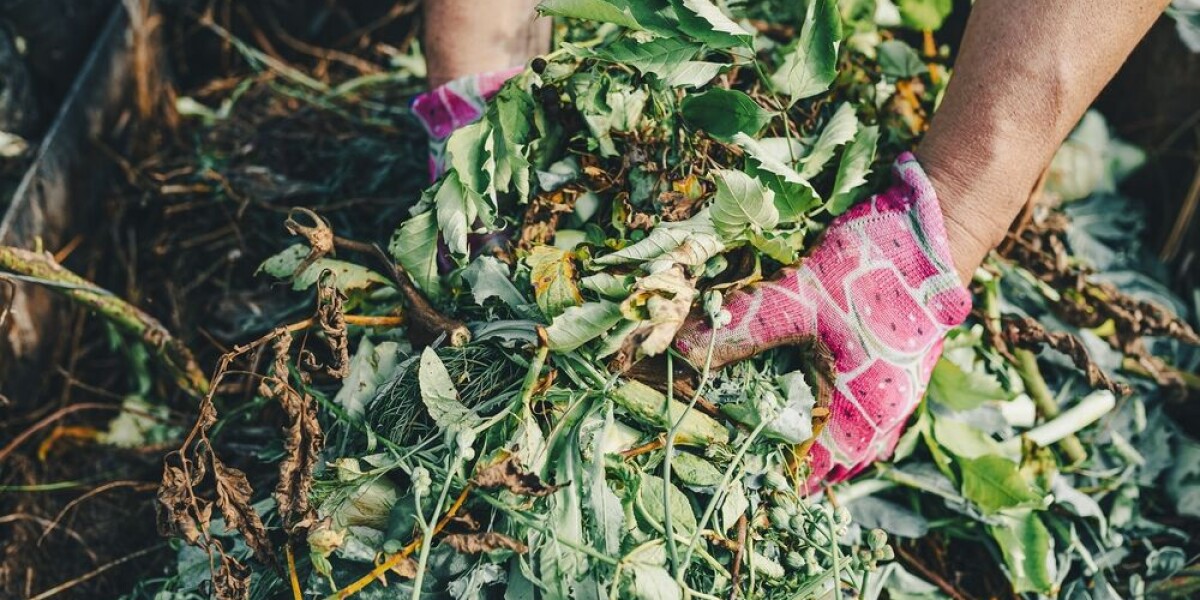
- Select a language for the TTS:
- UK English Female
- UK English Male
- US English Female
- US English Male
- Australian Female
- Australian Male
- Language selected: (auto detect) - EN
Play all audios:
George Orwell’s advice to journalists was to “expose… some fact to which I want to draw attention.” In reporting the battle against coronavirus, it’s a maxim we’d all do well to keep front
of mind. According to Tony Blair’s former communications chief Alastair Campbell, the media is in danger of failing to expose the facts by asking the wrong questions. Last week on
TheArticle, he listed 20 questions he believed journalists should be pursuing — on the number of deaths, the timing of lockdown, testing, ventilators, personal protective equipment, and the
recall of parliament. Happily, I can report to Mr Campbell that Channel 4 News and other media have asked many questions on those subjects — and have even elicited a few answers. I do
sympathise with some of Mr Campbell’s frustrations, however. The televised press conference has its limitations. Journalists can descend into what he called “verbosity”, and his advice that
“the toughest questions are the short ones, with a factual answer, and where it is reasonable to expect the person being asked to know it,” is very sound. I also share his concern that,
faced with the biggest crisis in a generation, some journalists are reportedly being told to “go easy” on ministers. The former Today presenter John Humphrys has claimed that BBC bosses are
“warning interviewers not to put ministers under pressure”. I’m glad the corporation says there’s no truth to this. Because scrutiny of the government has never been more important or more
urgent. Serious questions _do _need to be answered. Were ministers too slow to shut down big events like the Cheltenham races, allowing infection to spread unchecked weeks ago? Why didn’t
the government plan ahead for mass testing during a pandemic as other countries like Germany appear to have done, limiting both deaths and economic damage? Why weren’t bigger orders of PPE
placed months ago when the scale of the crisis in China started to emerge, and the first cases were reported here? Some journalists appear to feel queasy about probing ministers too
aggressively during such an existential crisis. After Boris Johnson delivered his extraordinary paean to the NHS upon leaving hospital, the BBC journalist Jon Sopel tweeted: “There’ll be a
time of reckoning for gov’t handling of #coronavirus. But maybe not today.” But as Mr Campbell correctly pointed out, it is “perfectly possible to be genuinely concerned about the health of
the prime minister, without losing powers of questioning.” The pandemic has frequently been compared to a war situation, where we all need to do our patriotic bit to support the government
in its darkest hour. But our job as public service broadcasters is primarily to support the public by exposing the facts. The enemy is not a foreign power which would seize on every
ministerial utterance but an invisible virus. If a minister lets slip a surprising truth under forensic questioning during a press conference or in an interview, the disease isn’t going to
change its behaviour. But drawing out the facts might aid public understanding of where the government is falling short, and how policy might need to change. So yes, many of Mr Campbell’s
concerns and questions were well-placed. But I couldn’t be prouder of the work my colleagues are doing at Channel 4 News, night in, night out. Our health and social care correspondent
Victoria Macdonald forensically and tirelessly questions political and NHS leaders on testing, PPE and the relentlessly increasing death toll. Our reporter Inigo Gilmore pressed the Home
Secretary about the lack of PPE for health workers, and secured the closest we’ve come to an apology on the matter by refusing to let her off the hook. Our correspondents Andy Davies and
Ciaran Jenkins have revealed questions about the collapse of a deal the Welsh government said it had to provide extra tests, and fears raised by a whistleblower that coronavirus deaths in
care homes are not being reflected in the statistics. And when Jane Dodge asked a care home manager the simplest of questions — “how are you?” — it was perfectly judged. The answer was
quietly devastating, revealing the utter despair and exhaustion of those handling the crisis on the frontline. Mr Campbell’s twenty questions and more are being put every night, and people
are watching on TV and online in their millions. It’s now crucial the government answers those questions. The socially-distanced press conferences are a frustrating business. A crackle on
the line allows the minister being quizzed to pass on to the next inquisitor, and the limitations of technology erects a barrier — jumping in to steer the minister back to the subject or to
press for a follow-up isn’t always possible. There’s no substitute, then, for a one-to-one interview. But Channel 4 News, along with other broadcasters with a reputation for tenacity, aren’t
granted these with any regularity. The best we often get is a slot on the “morning round” of ministerial interviews, but these take place before the day’s events unfold, so they’re an
imperfect method of holding the government to account. Interviews during or shortly before our evening programme, when the main story that night has been settled, are far harder to come by.
And we haven’t had a government minister on our programme for more than a week now. Of course, when the crisis is over, which in time it will be, ministers won’t be able to dodge the
questions posed by the inevitable public inquiry MPs are now demanding. But the British public who are making so many sacrifices to keep their loved ones safe and, as the mantra goes,
protect the NHS, deserve some answers now. We’ll keep trying for them.






